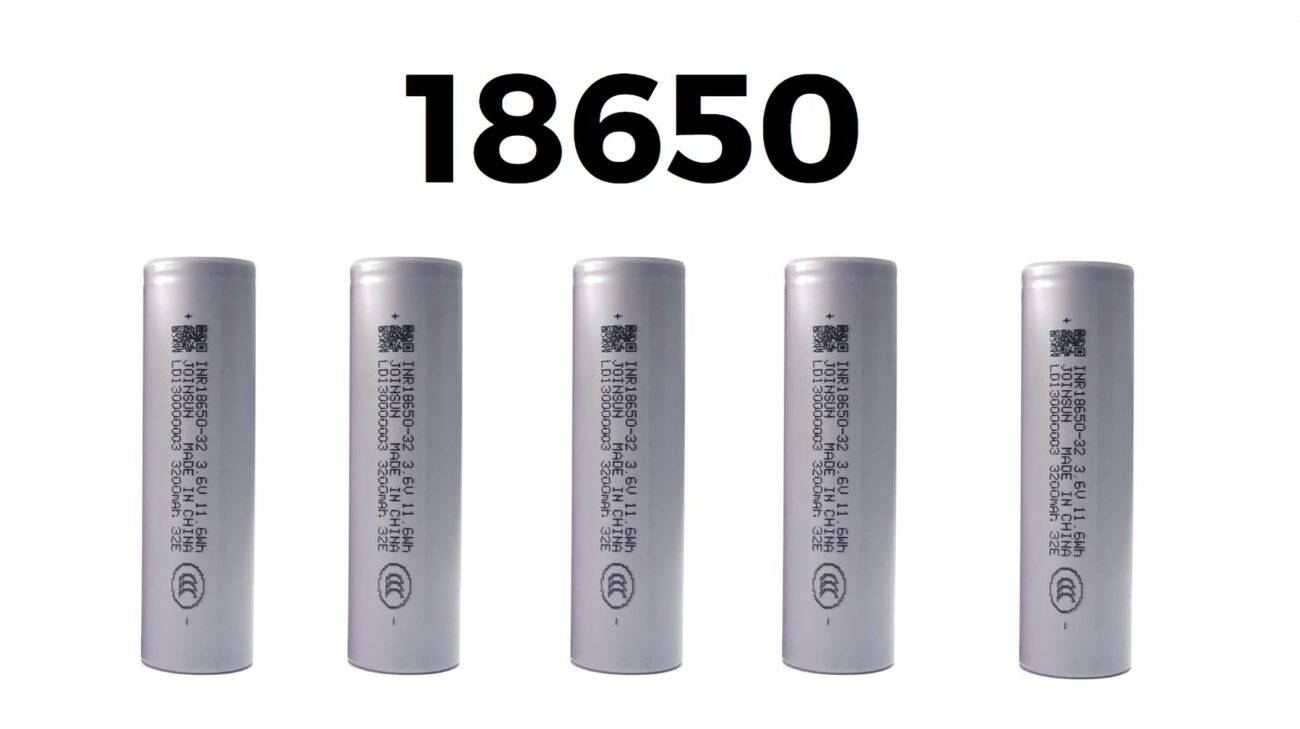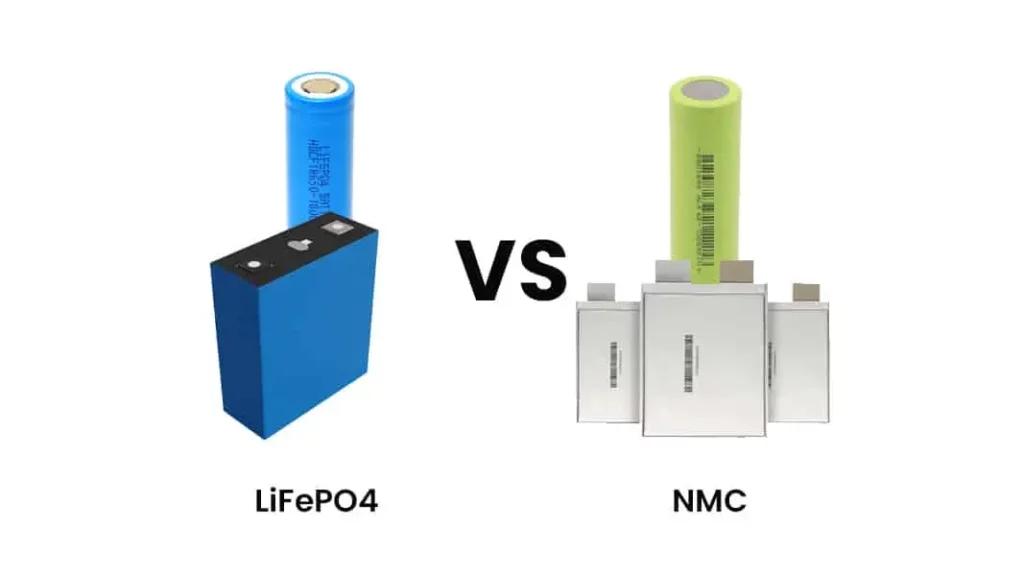International importers face several challenges and concerns when dealing with lithium batteries, particularly regarding safety and compliance. What are the common concerns of international importers regarding lithium batteries? Key issues include manufacturing defects, transportation regulations, packaging requirements, and consumer awareness. Addressing these concerns is crucial for ensuring safe and efficient international trade in lithium batteries.
What are the common concerns of international importers regarding lithium batteries?
International importers often express concerns about safety, regulatory compliance, and product quality when dealing with lithium batteries. The high energy density of these batteries poses risks such as fire and explosion if not handled correctly. Additionally, varying regulations across countries can complicate compliance, making it essential for importers to stay informed about international standards.
How do manufacturing defects affect lithium battery safety during importation?
Manufacturing defects in lithium batteries can lead to serious safety issues, including short circuits, overheating, and fires. Defects may arise from poor quality control or inadequate testing during production. Importers must ensure that their suppliers adhere to stringent manufacturing standards to minimize these risks. Regular audits and certifications can help verify compliance with safety standards.
| Manufacturing Aspect | Risk Level | Mitigation Strategy |
|---|---|---|
| Quality Control | High | Regular audits and certifications |
| Testing Procedures | Medium | Implement rigorous testing protocols |
| Material Sourcing | High | Source from reputable suppliers |
Why is proper packaging essential for transporting lithium batteries internationally?
Proper packaging is critical for the safe transport of lithium batteries. Inadequate packaging can lead to physical damage during transit, increasing the risk of short-circuiting or thermal runaway. International regulations mandate specific packaging standards, including cushioning materials and fire-resistant containers, to prevent incidents during shipping.
| Packaging Requirement | Description |
|---|---|
| Cushioning Materials | Protects against impact |
| Fire-resistant Containers | Prevents fire spread |
| Clear Labeling | Indicates hazardous materials |
What regulations must be followed when importing lithium batteries?
Importers must comply with various international regulations governing the transport of hazardous materials, including UN 3480 for standalone lithium batteries and UN 3481 for those contained in equipment. These regulations dictate packaging requirements, labeling, and documentation needed for safe transit. Failure to comply can result in fines or shipment delays.
How can importers mitigate risks associated with lithium battery transportation?
To mitigate risks, importers should:
- Conduct thorough supplier evaluations: Assess suppliers’ adherence to quality standards.
- Implement robust logistics planning: Ensure compliance with packaging and transportation regulations.
- Train staff on safety protocols: Educate employees about handling procedures and emergency response.
What role does consumer awareness play in ensuring battery safety?
Consumer awareness is vital for promoting safe usage and disposal practices for lithium batteries. Educated consumers are more likely to recognize signs of battery damage, understand proper charging techniques, and dispose of batteries safely. Importers can enhance consumer education through clear labeling and informational campaigns about safe practices.
Latest News
Recent reports highlight increasing scrutiny over the safety of lithium-ion batteries following several high-profile incidents involving fires caused by defective products. Regulatory bodies worldwide are tightening guidelines on transportation and storage practices while encouraging manufacturers to prioritize quality control. Additionally, there is a growing push for improved recycling infrastructure to handle used batteries safely.
Editor Comment
“Ensuring the safe transport of lithium batteries is a shared responsibility among manufacturers, importers, and consumers,” states Dr. Sarah Thompson, an expert in hazardous materials management. “As we continue to rely on these powerful energy sources, it’s crucial that all stakeholders work together to adhere to safety standards and promote awareness.”
FAQ
What are the main safety concerns regarding imported lithium batteries?
The main concerns include manufacturing defects, inadequate packaging, regulatory compliance issues, and potential fire hazards during transport.How can importers ensure compliance with international regulations?
Importers should stay informed about relevant regulations like UN classifications and engage in regular communication with suppliers regarding compliance standards.What should consumers do if they notice signs of battery damage?
Consumers should immediately stop using damaged batteries, avoid charging them further, and report any incidents to relevant authorities or manufacturers.
















